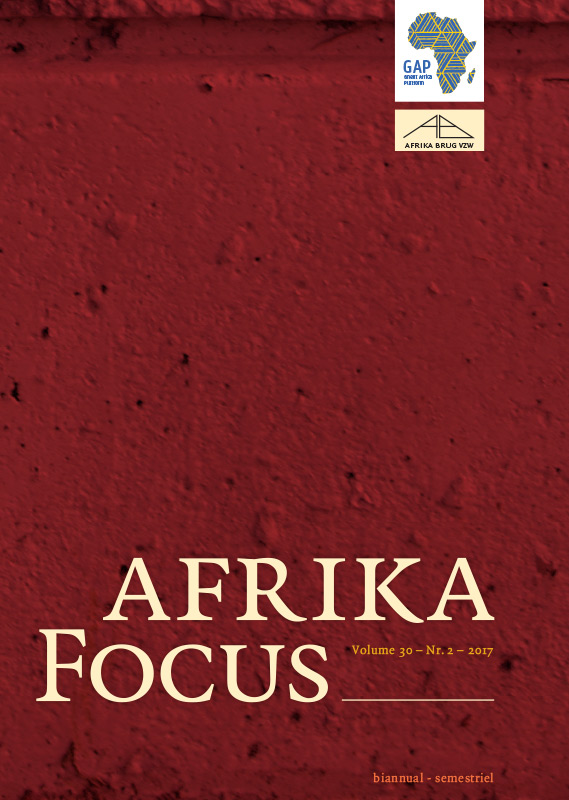Colonial taxation in Africa. A fiscal history of the Congo through the lens of customs (1886-1914)
DOI:
https://doi.org/10.21825/af.v30i2.8070Abstract
Every colonial state in Africa faced the fiscal challenge of ruling vast, inaccessible and thinly populated territories that produced relatively little taxable wealth, without metropolitan grants-in-aid and with limited access to international bond markets. How colonial states dealt with this challenge determined how much resources could be invested in the administration of African colonies and how the colonizer interacted with the colonized. As such, taxation fundamentally shaped colonial rule. Thus far, most scholars have either studied the practice of “native” taxation or the general spending and revenue-raising patterns of colonial administrations. This thesis shines a new light on the fiscal history of colonial Africa – as well as the colonial history of the Congo – by focusing on customs, the second fiscal pillar on which African colonial states were founded. Key words : colonial history, fiscal history, Congo Free State, Belgian CongoDownloads
Published
How to Cite
Issue
Section
License
Authors who publish with this journal agree to the following terms
Authors retain copyright and grant the journal right of first publication with the work simultaneously licensed under a Creative Commons Attribution License that allows others to share the work with an acknowledgement of the work's authorship and initial publication in this journal.
Authors are able to enter into separate, additional contractual arrangements for the non-exclusive distribution of the journal's published version of the work (e.g., post it to an institutional repository or publish it in a book), with an acknowledgement of its initial publication in this journal.
Authors are permitted and encouraged to post their work online (e.g., in institutional repositories or on their website) prior to and during the submission process, as it can lead to productive exchanges, as well as earlier and greater citation of published work (See The Effect of Open Access).


